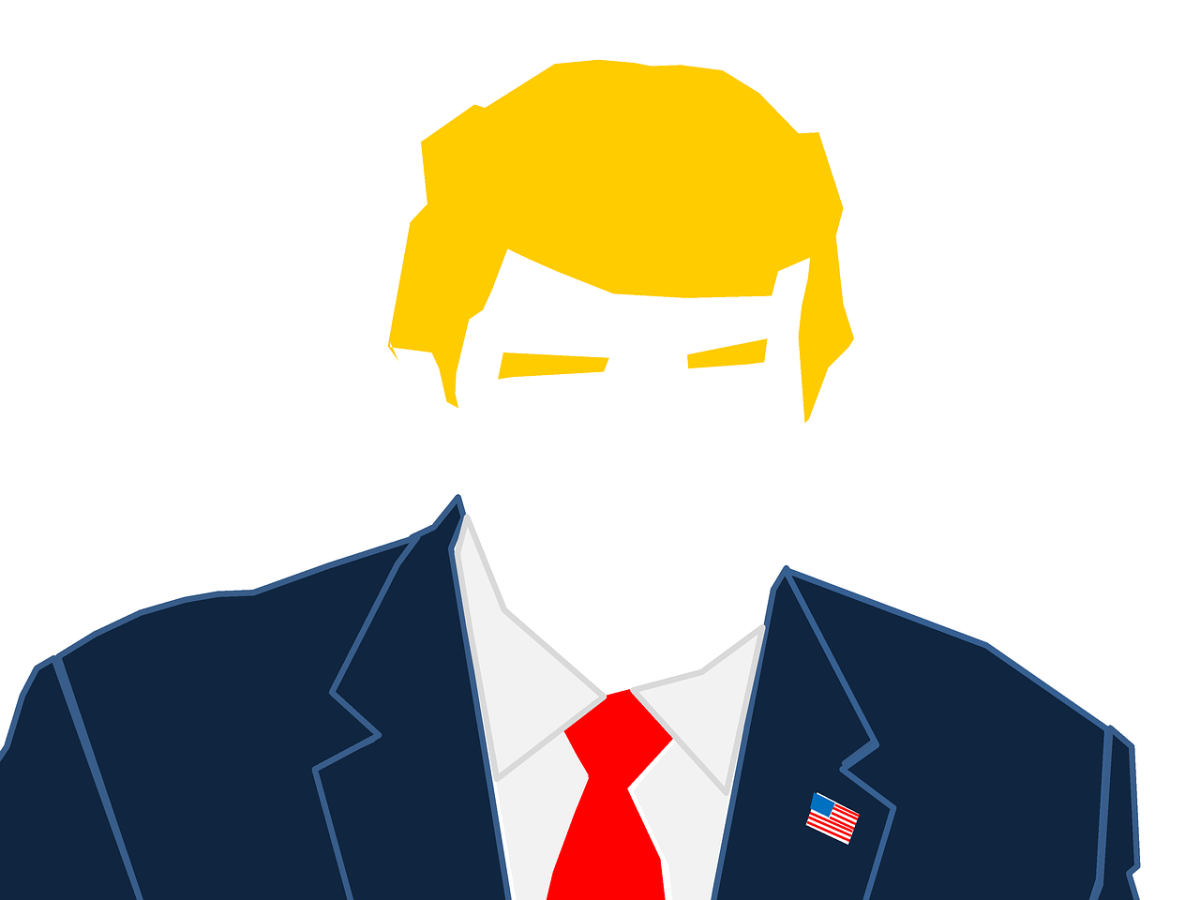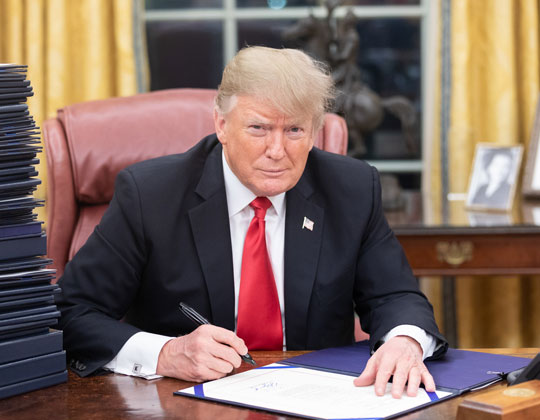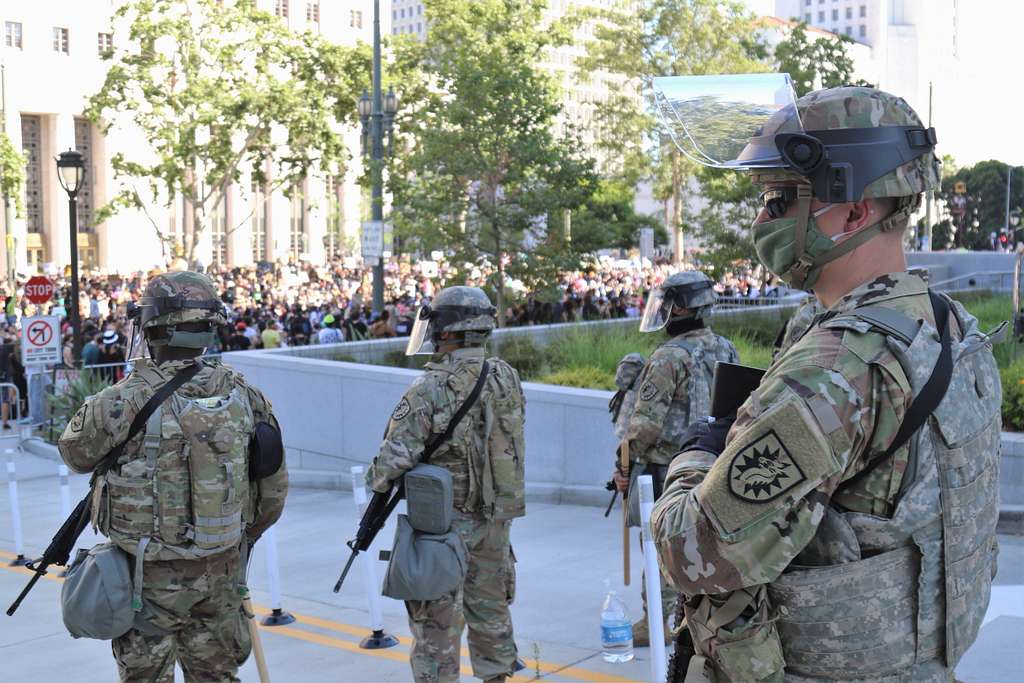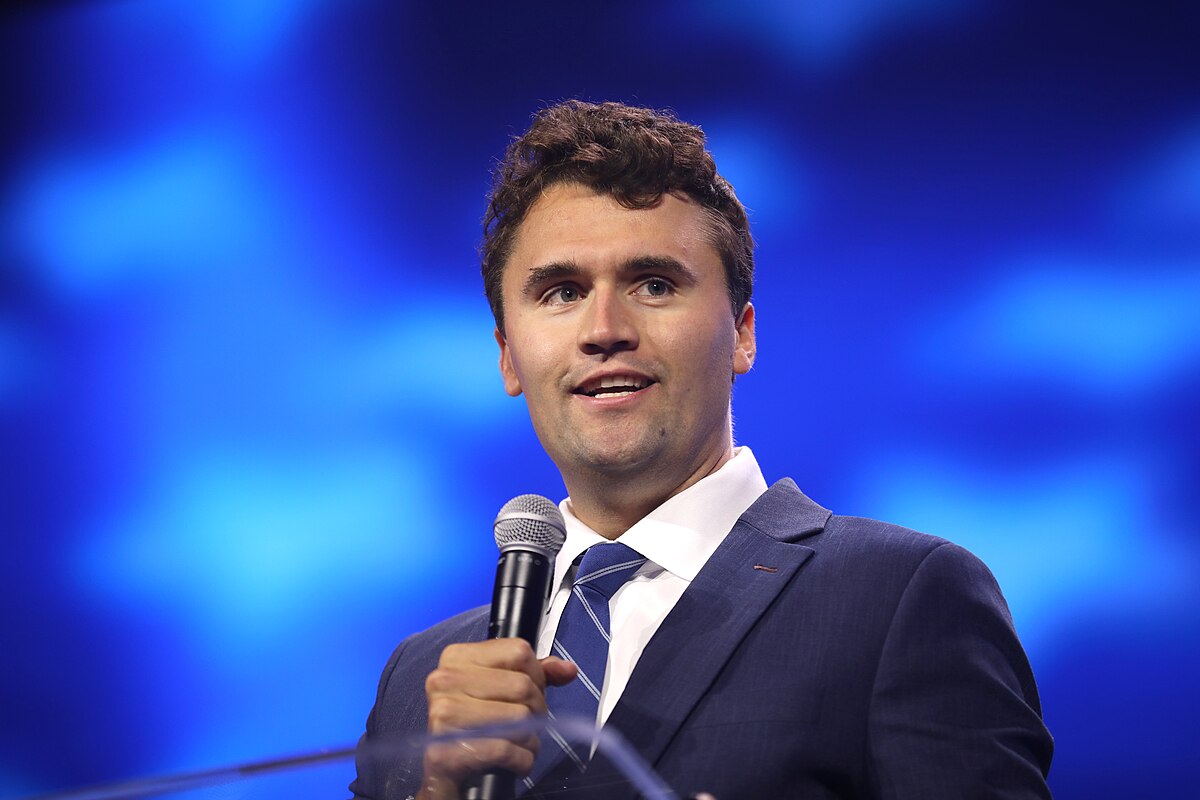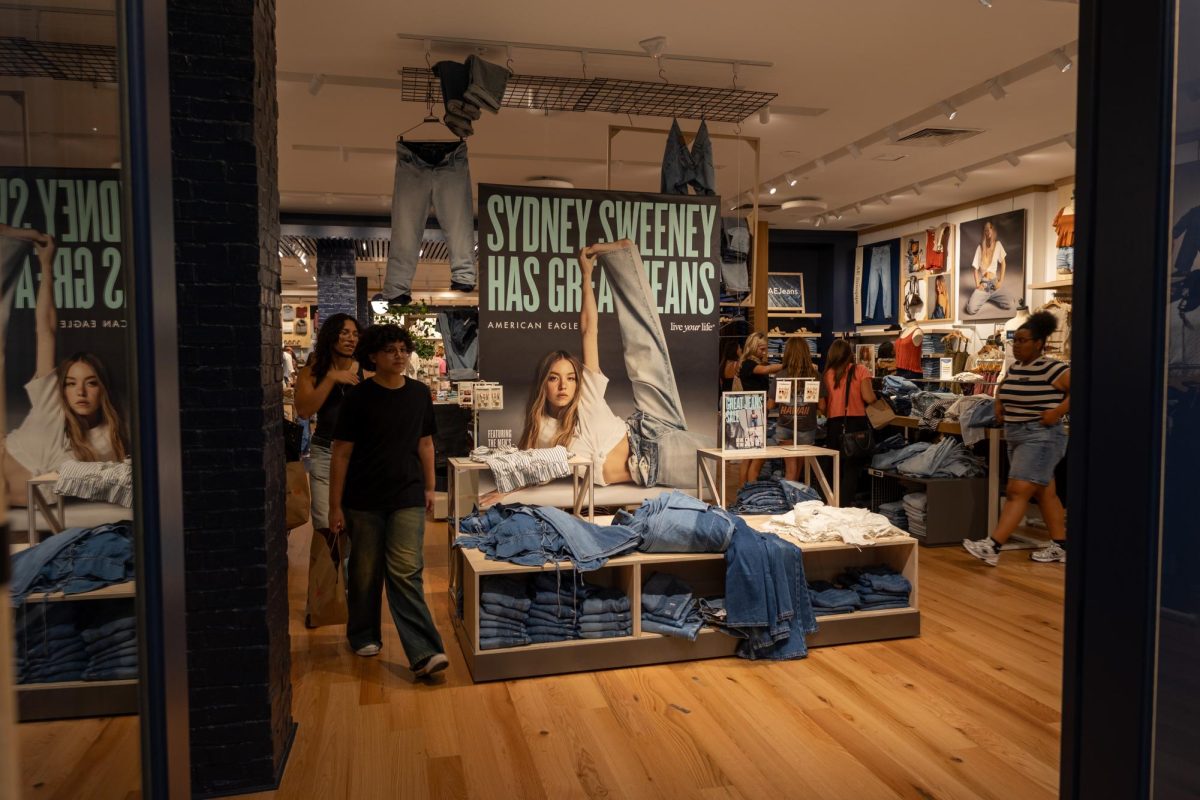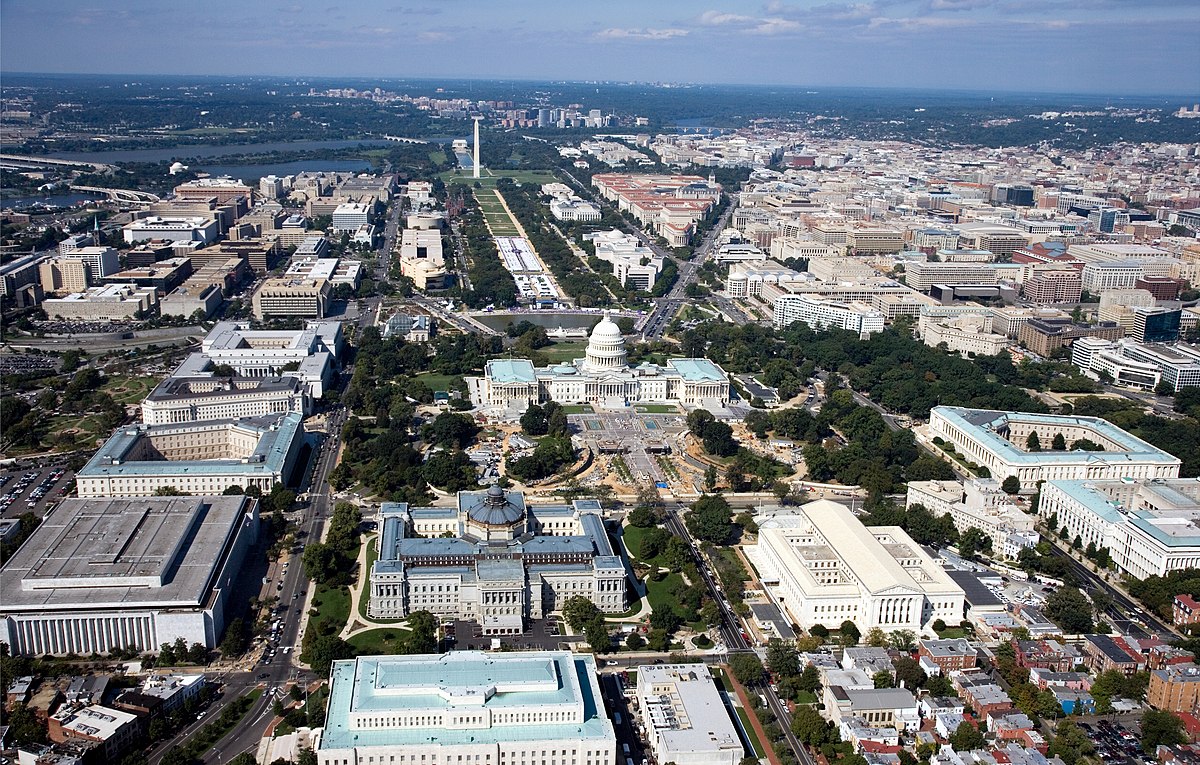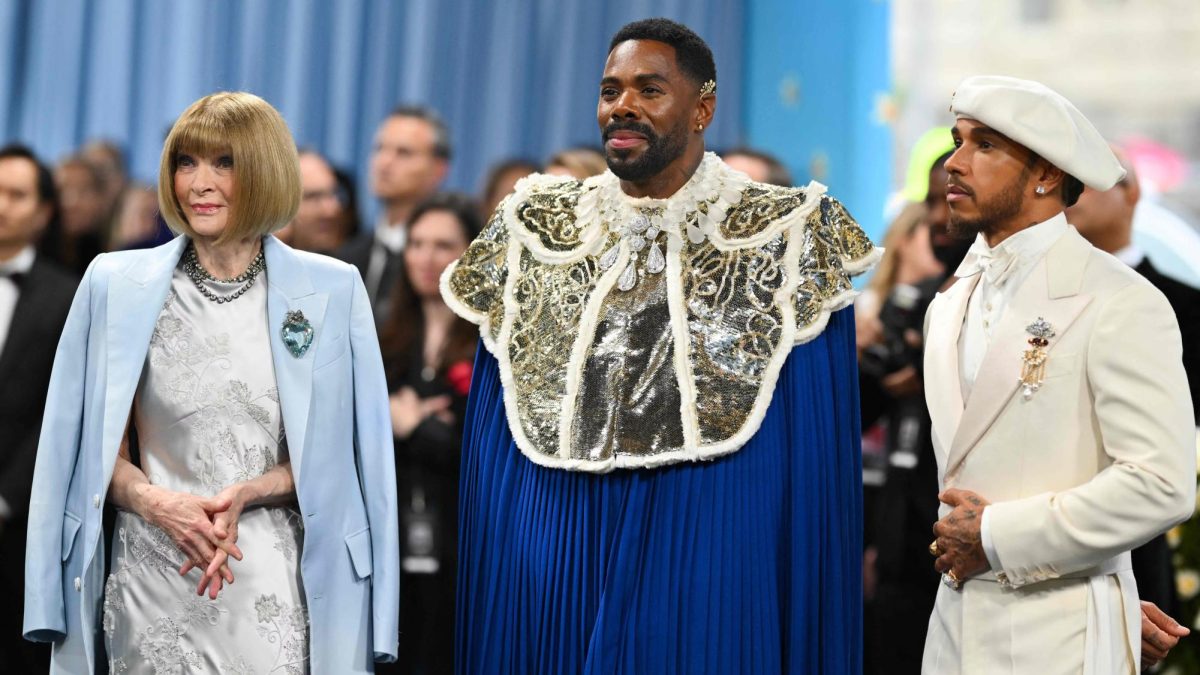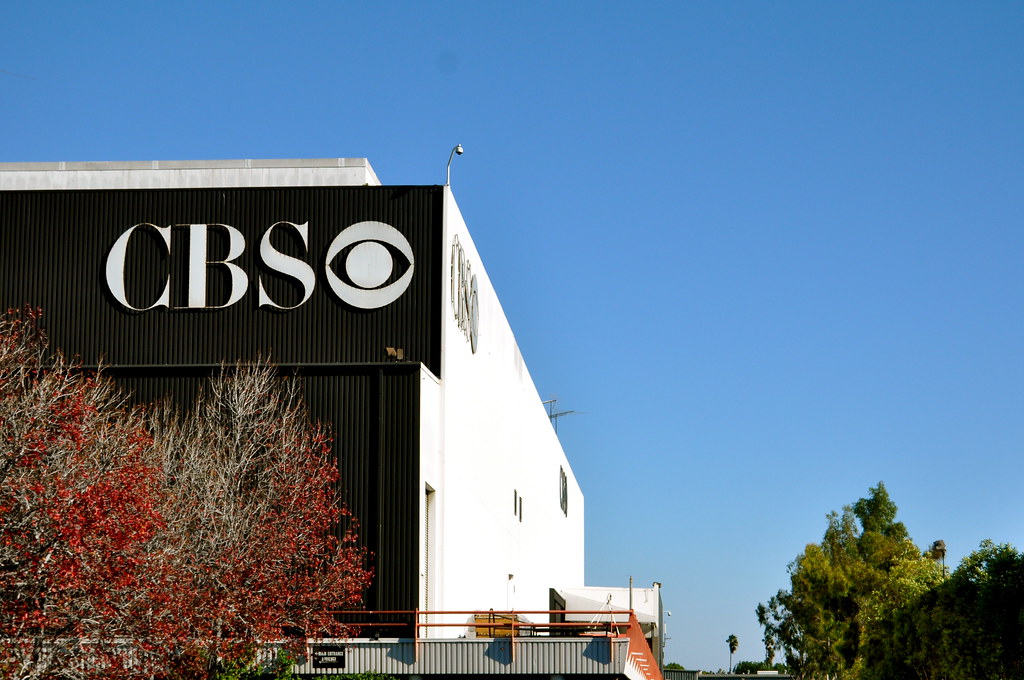There is a high-profile cult currently festering in America. It is perhaps the most conspicuous cult of this day and age, yet its members do not consider themselves a part of a cult at all. Rather, they consider themselves to be supporters of Donald Trump.
Former President Donald Trump is the current Republican nominee for the 2024 presidential election. Although most Trump supporters would vehemently reject the label of “cult,” their unwavering, and often violent, support for the former president strikes an undeniable resemblance to cult behavior.
A cult is a group of people dedicated to a philosophy, ideology or particular cause. Cults often have a leader at the center of it all dictating the cult’s beliefs. Some of the most infamous examples of cults include Heaven’s Gate, Peoples Temple, The Children of God and the Manson Family. In modern times, the term cult is used for a religious group that falls outside of the mainstream.
Trump’s second run for the presidency has shown a remarkable level of loyalty and dedication in those who support him. This intense fervor is leading some observers to draw comparisons between Trump supporters and cults.
After all, it is beyond bizarre that Trump’s supporters wore ear bandages in resemblance to him following his attempted assassination.
This unconventional behavior in the political arena mirrors the practices seen in traditional cults. Cults are known to demand high levels of loyalty from their followers, penalizing any criticism or doubt towards their belief system even when its flaws are blatantly obvious.
This is commonly seen within the Trump fanbase. Despite his many controversies, contradictions and hypocrisies, his supporters will defend him with every bone in their bodies.
More recently, pranksters confronted Trump supporters in viral videos revealing information that contradicts their praise of the former president. It’s so fascinating that people claim they would never want a sexual predator in office, but when told that the presidential candidate they intend on voting for is one, they suddenly don’t care so much.
It is entirely unbelievable and strangely fascinating to witness the cognitive dissonance – the mental discomfort in holding conflicting beliefs – that is so present in some of his supporters.
Trump has specifically and knowingly built a “cult of personality” around himself. A cult of personality is essentially excessive devotion to a charismatic leader. Personality cults are generally built by political leaders, especially dictators and authoritarian leaders, and Trump is seemingly fostering one of his own.
Following the assassination attempt that took place on July 13, 2024, he used his miraculous survival to make himself appear as a sort of martyr for his cause and the face of American patriotism.
Trump has continuously framed himself as an outsider in the political spectrum, making it seem as if it’s him versus everyone else and his followers have seemingly adopted a similar school of thought.
Cults often cultivate a prominent us-versus-them mentality, creating a strong division between the in-group and the out-group. Trump’s movement has adopted this dynamic – political opponents of Trump are seen as part of a corrupt, flawed establishment that needs to be dismantled. Supporters of Donald Trump utilize terms like “fake news” and “woke mob” to describe their perceived adversaries, fostering the narrative that it is them against the political system and likely the rest of the world.
By presenting himself as opposed to the “corrupt establishment” and “deep state,” Trump has created a two-way narrative that frames his movement as a battle between the just and the corrupt. This narrative solidifies support and also demonizes those who oppose him, further entrenching the in-group’s loyalty and sense of purpose.
Trump is also hailed as a charismatic figure and is admired for his ability to captivate and engage with audiences. His media presence is prominent, and he’s built a strong and rather personal relationship with his supporters. This relationship often resembles the bond between a cult leader and their followers, characterized by emotional engagement and personal investment.
Charismatic leaders often have the power to inspire and mobilize their followers, but this influence can also lead to the dissolution of critical thinking and sound judgment among them. Some of his supporters view him as infallible, maintaining a commitment to him despite his wrongdoings and ethical lapses in judgment. Some of this is due to their viewing of him as a messianic figure–a belief not uncommon among cults.
Trump’s cabinet members and allied religious figures believe he was appointed by God to be the president of the US. Some Trump supporters have adopted this line of thinking as well, believing his potential restoration as President is some sort of second coming. Such beliefs are symbolic of the messianic thinking often seen in cults, where the leader is regarded as a savior or divine agent.
The idea that Trump’s return to the presidency would represent a “second coming” or a fulfillment of divine prophecy highlights the immense level of devotion and faith placed in him by his followers.
In examining the dynamics of Trump’s support base, it is evident that there are substantial parallels to the basic structure of cults. The intense loyalty, the creation of an us-versus-them narrative, the charismatic leadership, and the divine beliefs all contribute to a cult-like aura.
The behaviors and attitudes exhibited by his supporters reflect an incredible degree of dedication that warrants scrutiny and criticism. The phenomenon of support rallied around Trump is more than a mere political following. It is a manifestation of intense devotion that, while not entirely fitting the classic definition of a cult, exhibits many of its pertinent features.
As the 2024 presidential election approaches, the impact of this movement on American politics and society is becoming more of a critical area of concern for the American people.
I hope that in laying this phenomenon out in writing, I will illuminate the parasocial dynamics of modern political allegiance. The allegiance of Donald Trump supporters sheds light on the potential consequences for American democracy.
The political landscape is getting more and more inhospitable, clouded with storms of misinformation and hatred. We should stay diligent in these trying times and try our best to avoid groupthink and polarization for the sake of our country’s future.

